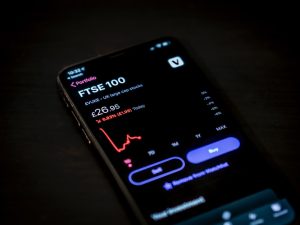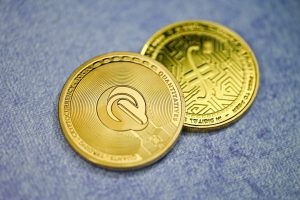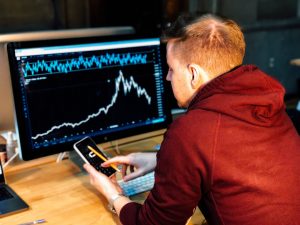The forex exchange, also known as the foreign exchange market, is a decentralized global market where currencies are traded. It is the largest and most liquid financial market in the world, with an estimated daily turnover of over $5 trillion. The forex market operates 24 hours a day, five days a week, and is accessible to anyone with an internet connection.
So, where exactly is the forex exchange? The answer is that it doesn’t have a physical location. Unlike stock exchanges, which have a central trading floor where buyers and sellers meet, the forex market is an electronic network of banks, brokers, and traders located all over the world. Transactions are conducted via computer networks between buyers and sellers, with trades happening in real-time.
In essence, the forex market is a network of interconnected banks and financial institutions that facilitate the buying and selling of currencies. These banks and financial institutions act as market makers, providing liquidity to the market and setting the exchange rates at which currencies are traded.
The forex market is divided into several tiers, with the top tier consisting of the largest banks in the world. These banks, known as the interbank market, trade with each other and set the benchmark exchange rates for the rest of the market. Smaller banks and financial institutions then trade with the interbank market, and retail traders and investors trade with brokers who have access to the forex market.
The forex market is also decentralized, meaning that there is no single regulatory body or exchange that oversees all trading activity. Instead, the market is regulated by a network of regulatory bodies around the world, including the Commodity Futures Trading Commission (CFTC) in the United States, the Financial Conduct Authority (FCA) in the United Kingdom, and the Australian Securities and Investments Commission (ASIC) in Australia.
The lack of a physical location for the forex market has several advantages. For one, it allows traders and investors to access the market from anywhere in the world, as long as they have an internet connection. It also means that the market is open 24 hours a day, five days a week, allowing traders to take advantage of changes in exchange rates around the clock.
However, the decentralized nature of the forex market also means that it can be difficult to regulate, and there is a risk of fraud and manipulation. In addition, the lack of a central location means that there is no single source of accurate pricing information, which can make it challenging for traders to make informed decisions.
Despite these challenges, the forex market remains an important part of the global financial system. It is a vital tool for businesses and governments to manage currency risk, and it provides opportunities for traders and investors to profit from changes in exchange rates. As the world becomes increasingly interconnected, the importance of the forex market is likely to continue to grow, even as its location remains a mystery.





